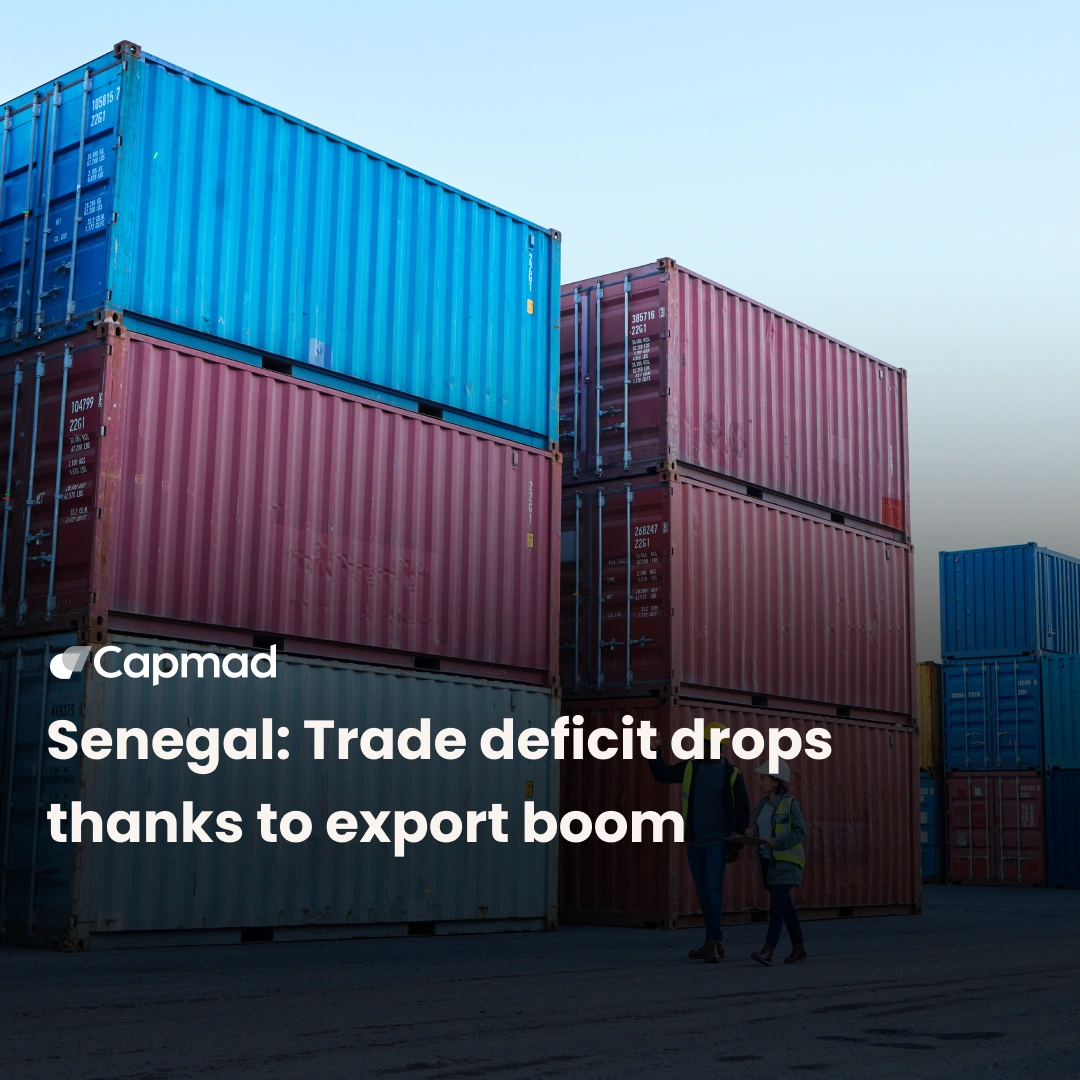Nigeria, Africa’s largest economy, has released encouraging figures for its gross domestic product (GDP) in the second quarter of 2025, showing a year-on-year growth of 4.23%. This result reflects a continuous improvement in economic activity amid a complex regional and global context.
Sustained Economic Recovery
This growth of 4.23% marks a clear acceleration compared to previous quarters, signaling a robust recovery. Several key sectors contributed to this expansion, notably agriculture, industry, and services. The government’s economic diversification efforts appear to be paying off by reducing the heavy reliance on hydrocarbons.
Key Growth Sectors
- Agriculture: The agricultural sector benefited from better climatic conditions and government initiatives to increase productivity, promoting rural growth and food security.
- Industry: A rebound in manufacturing output, driven by domestic demand, strengthened the industry’s contribution to GDP.
- Services: The services sector, particularly finance, telecommunications, and trade, continues to be a vital driver, supporting urban economic dynamics.
Ongoing Challenges and Outlook
Despite this growth, Nigeria faces several challenges including high inflation, unemployment, and security tensions in some regions. These factors could hinder the full realization of economic potential. However, authorities remain committed to implementing structural reforms aimed at improving the business climate, attracting foreign investment, and strengthening infrastructure.
Conclusion
The 4.23% GDP growth in the second quarter of 2025 is a positive sign for Nigeria, confirming the resilience of its economy in the face of external shocks. To maintain this trajectory, sustained efforts in diversification, political stability, and reducing inequalities will be essential to transform growth into sustainable and inclusive development.






